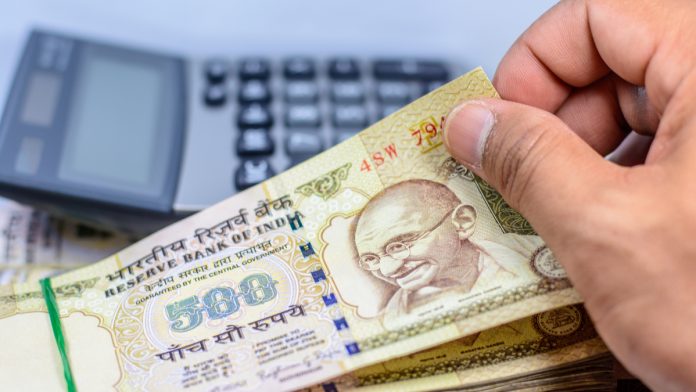GBP/INR continues the bearish stance, though the pace has slowed down. Currently, one British pound buys 93.708 Indian rupees, down 0.13% as of 6:30 AM UTC. This coincides with the lowest level since June 1. The highest level of this month was hit on June 10 at over 96.600.
The sterling has lost momentum amid post-Brexit negotiations between the UK and the European Union. Britain’s chief negotiator David Frost said yesterday that London would reject any proposal from the EU that gives the bloc the right to retaliate with tariffs to any upcoming changes in British law.
Britain and the EU have to reach an agreement on trade ties until the end of this year, as UK Prime Minister Boris Johnson ruled out any potential extension. Despite the tight timeline, the two sides still cannot reach consensus on many important issues.
The next round of negotiations starts this Monday. For the first time since the introduction of lockdown measures, the talks will be held face-to-face rather than through video communication. Frost said that the two parties would discuss whether “genuine and rapid progress” could be achieved. He tweeted:
“The government will not agree to ideas like the one currently circulating giving the EU a new right to retaliate with tariffs if we chose to make laws suiting our interests. We could not leave ourselves open to such unforeseeable economic risk.”
EU officials hinted that existing regulations on state aid might become a common standard, and if the UK chooses to deviate from them, the bloc might respond with tariffs.
If the deal fails, then Britain is facing a no-deal Brexit, which is the worst-case scenario according to most economists.
UK Car Sales Drop 95% in May, Retail Stores Still Pessimistic
The pound has been under pressure amid a series of pessimistic reports. Earlier today, the Society of Motor Manufacturers and Traders (SMMT) said that UK car production tumbled by 95% in May year-on-year.
Elsewhere, British retailers were still gloomy ahead of lockdown easing that allows non-essential stores to reopen. The Confederation of British Industry reported that 62% of the retail stores it polled between May 27 and June 12 expressed worries about weak consumer demand. CBI chief economist Rain Newton-Smith said:
“Despite retailers working flat out to make sure they are safe and ready to open their doors, outside the grocery sector most retailers expect sales to be far below where they were this time last year.”





